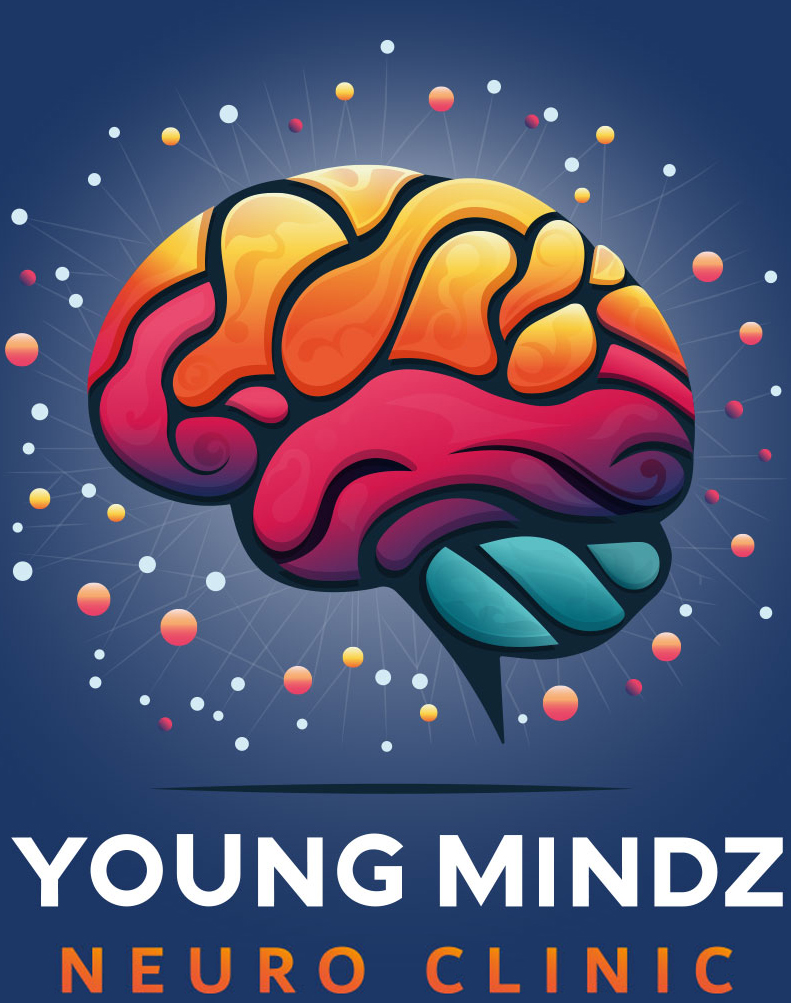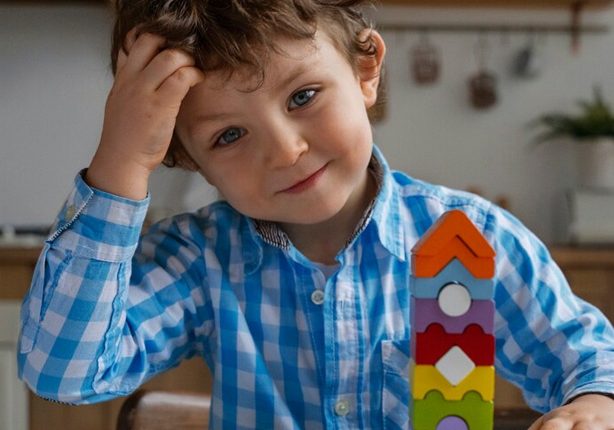COVID-19 Resources for Neurology Coaches... Learn More
Autism spectrum disorder
What is autism spectrum disorder?
Autism spectrum disorder, often called just “autism,” is a developmental disability that affects how a person interacts with the world. It often makes it hard for the person to communicate with or understand other people. It can also cause behaviors that are different from how people without autism act. The cause of autism is not known.
Not everyone with autism thinks and acts the same way. The word “spectrum” refers to the wide range of symptoms and behaviors a person might have. In some countries, the term “Asperger syndrome” is used to describe a mild type of autism.
Some people also use the word “neurodiversity” to describe the different ways people’s brains can work. This can include autism as well as other conditions, like attention deficit disorder or a learning disability.
What are the symptoms of autism?
To be diagnosed with autism, a child must show certain signs in early childhood. In some cases, these signs are not noticed until the child is in school.
The signs of autism include problems in 2 main areas:
- Social interaction and social communication– Children with autism have trouble relating to other people. This might include:
- Trouble reading another person’s facial expressions
- Avoiding eye contact
- Not wanting to be touched
- Not wanting to play or interact with other people
Children with autism often take much longer than other children to learn to speak. Some never learn to speak. They also often do not use other forms of communication, like hand gestures, facial expressions, and different tones of voice.
- Limited interests and repetitive behaviors– Children with autism tend to show intense interest in certain things. They also often repeat the same behaviors. This might include:
- Being completely focused on things that spin or shine and ignoring other things
- Being preoccupied with a specific topic or subject
- Having rituals they must follow exactly, and getting upset if a routine changes
- Reciting “scripts” from a movie, TV show, or conversation from the past
- Repeating certain physical motions, like flapping the hands, rocking, or spinning
Every child with autism is unique, and children with autism do not all think or act exactly the same.
Should my child see a doctor? Is there a test for autism?
Take your child to a doctor if you notice any of the signs of autism listed above. It’s important to do this as soon as possible, so your child can get the help and support they need.
If a doctor suspects that your child has it, they will have your child’s hearing tested. If a child is having trouble hearing, they might show symptoms that are similar to those of autism, like not speaking or responding to other people.
You doctor may order some laboratory testing or genetic testing
You doctor will probably refer to psychology for more evaluation if needed. During psychology testing, the specialist may:
- Ask you lots of questions about your child and your family
- Test your child’s abilities in lots of ways
- Make sure that your child’s symptoms are not caused by another problem
How is autism treated?
Treatment for autism depends on the age of the child, what their symptoms are, and whether they have any other medical problems. Autism cannot be cured, but therapy can help children communicate and socialize. Having the right support in school can also help them become more independent. Your child’s doctor can help with this.
If your child has autism, it can help to learn more about the condition to better understand how their brain works. Getting your child support or therapy can help them feel more comfortable interacting with the world. But you can also support them by making it clear that you accept who they are.
As your child gets older, they might also be able to learn to advocate for themselves. This might include explaining to other people that their brain works differently, or requesting certain types of support. If your child cannot advocate for themselves, you can be an advocate for them.
In some cases, doctors might prescribe medicines to treat other problems some people with autism have. These can include anxiety, aggression, sleep disorders, depression, and problems paying attention. But medicines should only be used after therapy and education supports are in place.
Patient education: Autism spectrum disorder (Beyond the Basics)
Source: UpToDate


